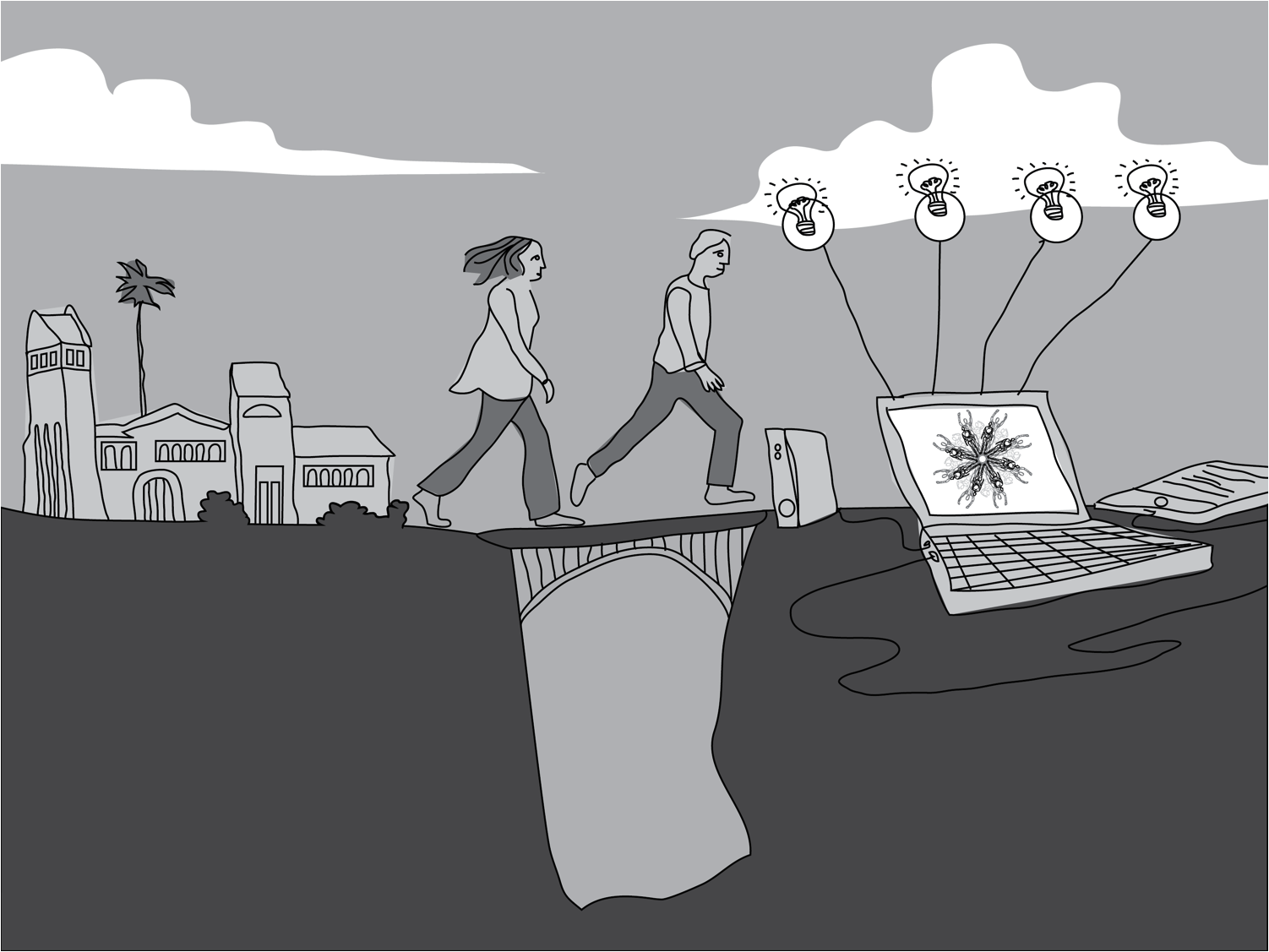Future Now
The IFTF Blog
Exploring Social Production in Education
One of the key themes of our Ten-Year Forecast retreat last month was the concept of social production - production that draws on contributions from large networks of people, enabled by social technologies, to create new kinds of wealth. Last week, Marina explored what social production might mean for the world of education when she addressed the 2011 Western Association of Schools and Colleges (WASC) Academic Resource Conference in San Francisco.
During her keynote, Marina unpacked the idea of social production and went on to identify five themes that she forecasts will be crucial to the new ecosystem of learning we'll see emerging over the next decade:
- Micro-learning: The availability of knowledge accessible in the real world and at any time creates the conditions for learning that is easy, lightweight, and done in context when a person really wants or needs to learn.
- Rich ecology of content and resources: We are seeing the democratization of content, with high quality resources being produced by individuals and groups outside of any institutional framework.
- Community as a driver: Learning is (and has always been) about participating in a conversation, with people that matter to us. Increasingly, schools will need to be asking the question: how can we create social settings that encourage the right kinds of conversations?
- Teachers as social designers: With content cheap and available everywhere, the role of the teacher as the orchestrator of learning communities comes to the fore.
- Non-grade rewards: We have known for some time that grades replace intrinsic rewards with extrinsic, taking pleasure and self-direction out of learning. Ideas for different models of reward are coming from unexpected places, such as gaming, where the concept of leveling up produces a new and engaging dynamic.
While we are seeing many of these themes emerge in small ways, today’s students are caught between the old world where everything is done through institutions, and a new world of social production in which they are increasingly able to put together all the necessary resources to accomplish things outside of such structures. Marina’s talk included an appeal to educators in the audience to think seriously about how they can help students to bridge these two worlds over the next few years.

To hear the keynote in full and view the accompanying slides, visit the WASC conference site. Many thanks to our hosts at WASC for the opportunity to talk to such an engaged and influential audience.



